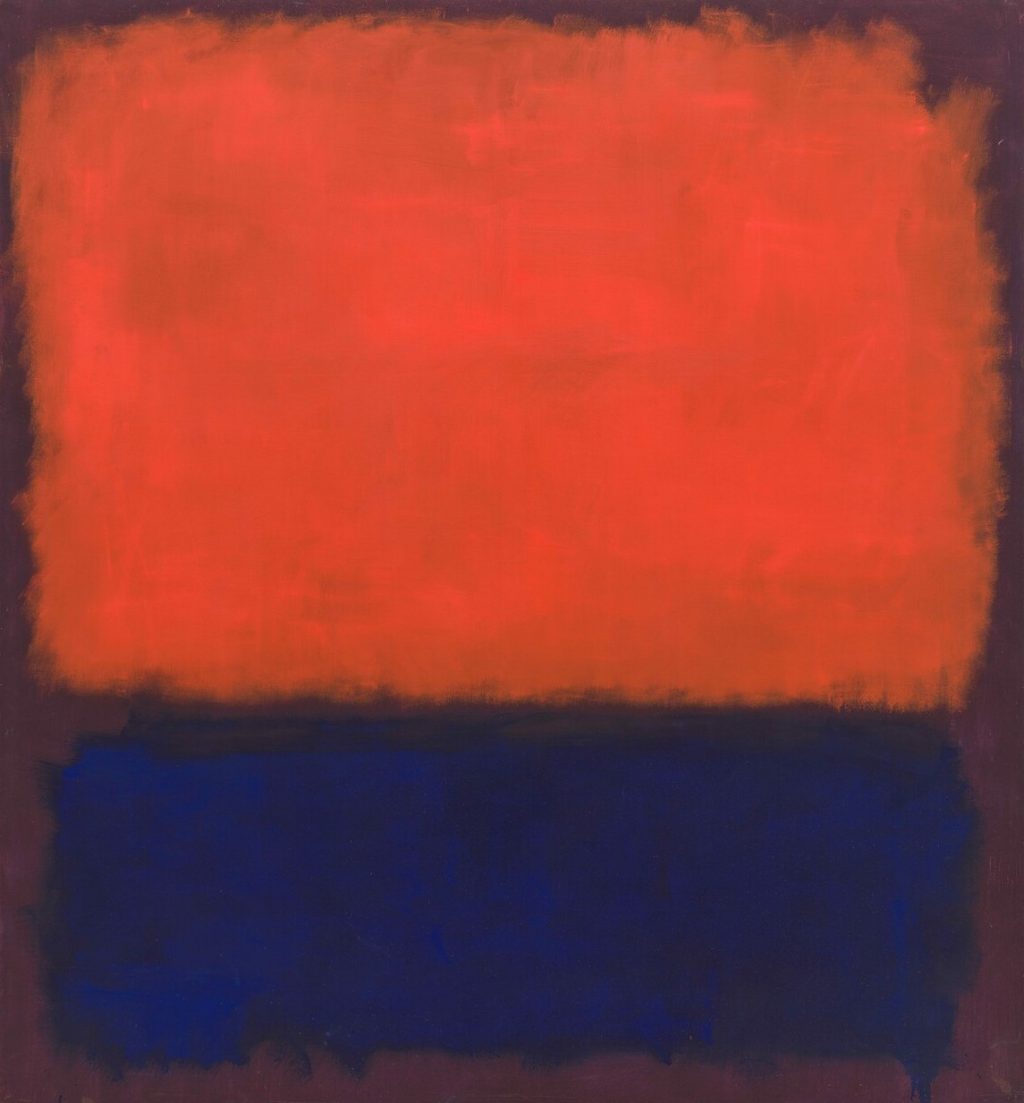
MARK ROTHKO
Fondation Louis Vuitton – Oct 18 to Apr 02, 2024 Paris (France)
Opening on October 18, 2023, the Fondation Louis Vuitton presents the first retrospective in France dedicated to Mark Rothko (1903-1970) since the exhibition held at the musée d’Art moderne de la Ville de Paris in 1999. The retrospective brings together some 115 works from the largest international institutional and private collections, including the National Gallery of Art in Washington D.C., the artist’s family, and the Tate in London. Displayed chronologically across all of the Fondation’s spaces, the exhibition traces the artist’s entire career: from his earliest figurative paintings to the abstract works that he is most known for today.
“I’m interested only in expressing basic human emotions.” Mark Rothko
The exhibition opens with intimate scenes and urban landscapes – such as visions of the New York subway – that dominate Rothko’s output in the 1930s, before his transition to a repertoire inspired by ancient myths and surrealism which Rothko uses to express the tragic dimension of the human condition during the War.
1946.
From 1946, Rothko makes an important shift towards abstract expressionism. The first phase of this switch is that of Multi-forms, where chromatic masses are suspended in a kind of equilibrium on the canvas. Gradually, these decrease in number, and the spatial organization of his painting evolves rapidly towards Rothko’s “classic” works of the 1950s, where rectangular shapes overlap according to a binary or ternary rhythm, characterized by shades of yellow, red, ochre, orange, but also blue, white…
New York.
In 1958, Rothko is commissioned to produce a set of wall paintings for the Four Seasons restaurant designed by Philip Johnson for the Seagram Building in New York – the construction of which is overseen by Ludwig Mies van der Rohe. Rothko later decides not to deliver the paintings and keeps the entire series. Eleven years later, in 1969, the artist donates nine of these paintings – which differ from the previous ones on account of their deep red hues – to the Tate Gallery, which dedicates a room in its collections exclusively to Rothko. this series is exceptionally presented in the Fondation Louis Vuitton exhibition.
“Rothko Room”.
In 1960, the Phillips Collection dedicates a permanent room – the first “Rothko Room” – to the artist. The room is designed in close collaboration with him and is also featured in the exhibition. In 1961, the Museum of Modern Art in New York organizes the first major retrospective, an exhibition that subsequently travels to several European cities (London, Basel, Amsterdam, Brussels, Rome, and Paris). In the 1960s, Rothko accepts other new commissions, most notably the chapel John and Dominique de Menil in Houston, which is inaugurated in 1971 and named the Rothko Chapel.
Black and Grey series.
While Rothko favors darker tones and muted contrasts since the late 1950s, the artist never completely abandons his palette of bright colors, as evidenced by several paintings from 1967 and by the last red painting left unfinished in his studio. Even in the case of the 1969-1970 Black and Grey series, a simplistic interpretation of the work, associating grey and black with depression and suicide, is best avoided.
Alberto Giacometti.
These works are displayed in the tallest room in the Frank Gehry building, alongside Alberto Giacometti’s large-scale sculptural figures, creating an environment that is close to what Rothko had in mind for a UNESCO commission that was never realized.
The permanence of Rothko’s questioning, his desire for wordless dialogue with the viewer, and his refusal to be seen as a “colorist” are all elements allowing a new interpretation of his multifaceted work in this exhibition.



Fondation Louis vuitton→ 8 Av. du Mahatma Gandhi, 75116 Paris
◊
Use our Art Geolocation App

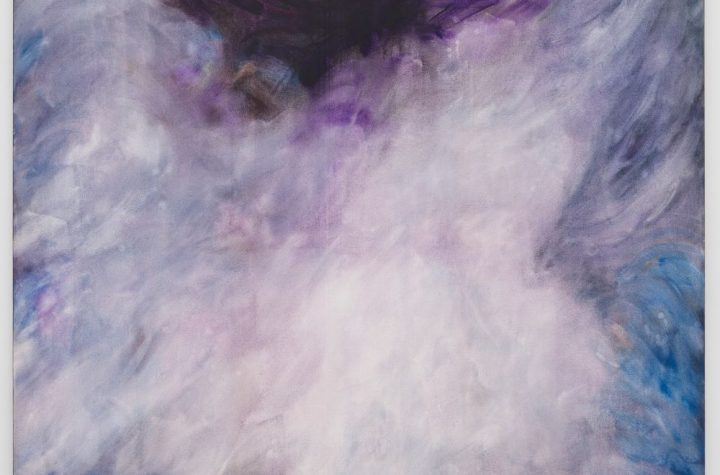
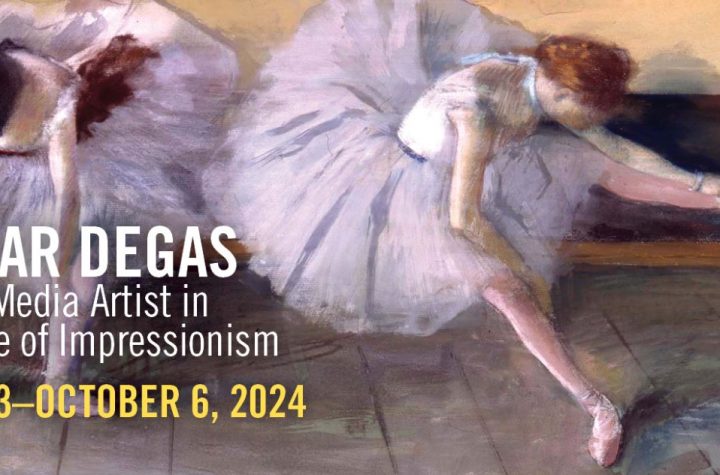
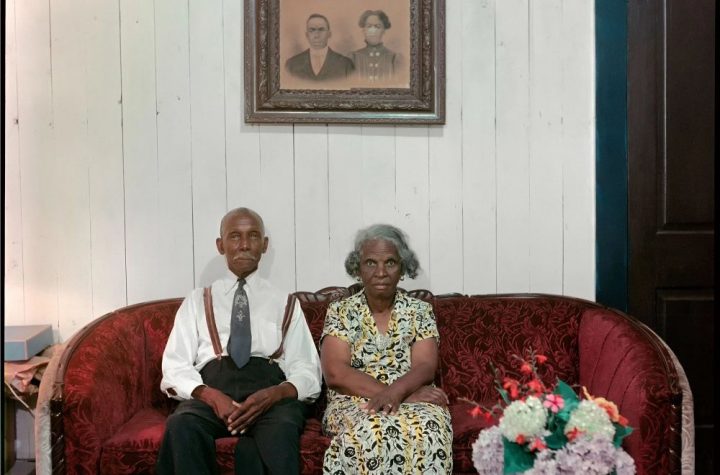
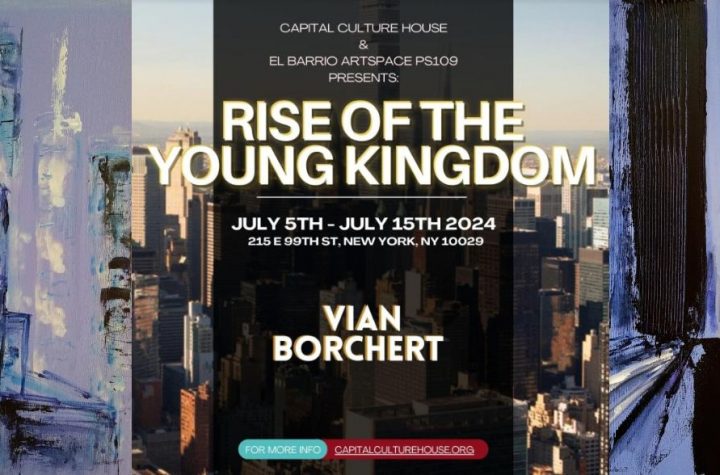
More Stories
Yoko Matsumoto: Darkness Against Nature
Edgar Degas: Multi-Media Artist in the Age of Impressionism
Gordon Parks